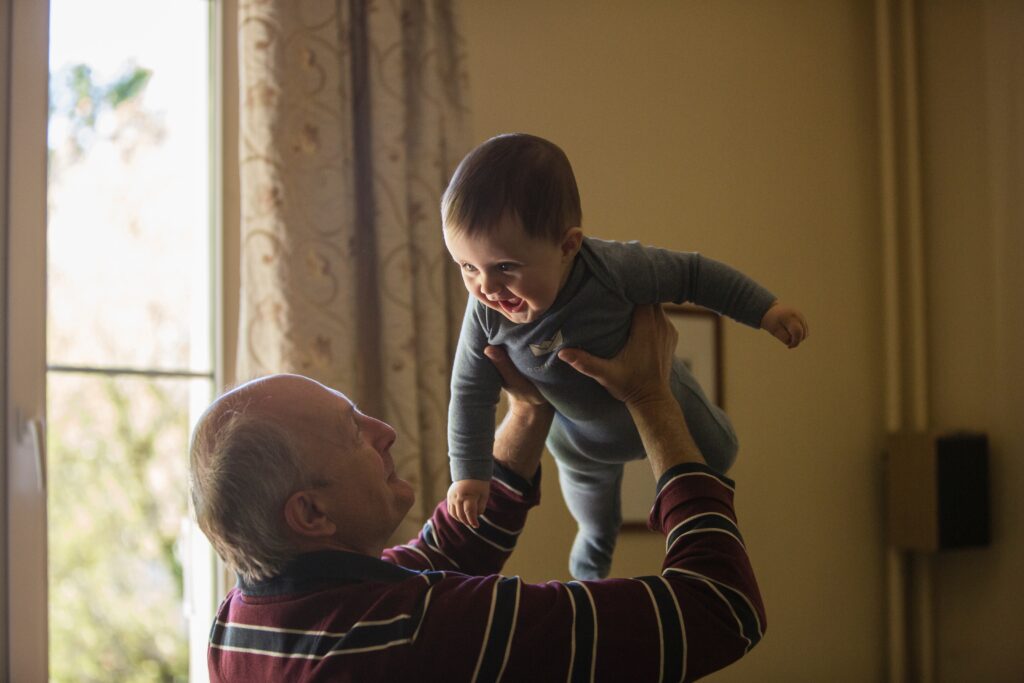
The overall consensus when it comes to anything healthcare related is that early identification leads to better overall outcomes. It is for this reason that here in Canada, we have a myriad of different health screening programs to help with early identification.
Universal newborn hearing screening is one of these wonderful programs. Many Canadian provinces and territories offer this sort of testing, meaning all babies get some form of hearing evaluation in the first hours after birth. Evidently, it is easy to understand why early identification of hearing loss in early stages of life leads to better outcomes and is absolutely crucial considering the role language acquisition plays in a child’s development.
In most cases, hearing loss only makes its presence felt later on in life, even much later for some. The key to addressing these issues still hinges on early identification since untreated hearing loss can have some significant impacts on a person’s overall health and wellness. There are a number of scientific research papers that emphasize a clear link between untreated hearing loss and serious conditions, such as depression, social isolation, dementia, and cognitive decline, just to name a few. These are very concerning, especially as we age.
The only way to address hearing loss is to first diagnose it. This is where audiologists shine. These health professionals are there to identify, diagnose, and help address issues relating to hearing and communication. Here at Wave Audiology, we recommend at the very least getting a baseline audiogram (hearing test) in early adulthood, even if all signs point to seemingly normal hearing. This helps keep track of current hearing acuity levels to better help us understand any potential future changes. If everything seems to be pointing to hearing acuity within normal range, we may recommend coming back for a new evaluation every few years, or before if changes are noticed. We would love to hear from you if you have any questions pertaining to your hearing health.
